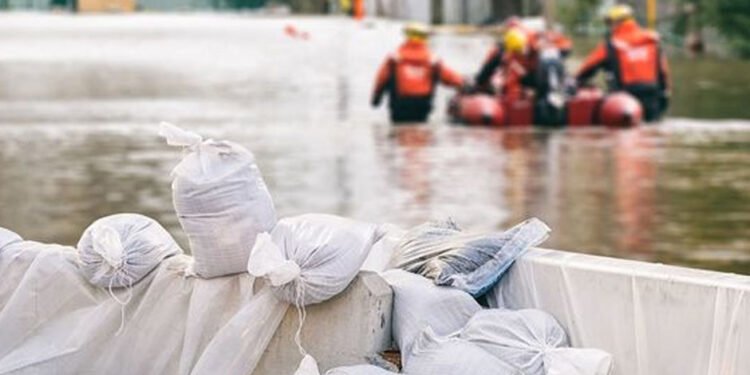Natural disasters such as hurricanes, earthquakes, floods, wildfires, and tornadoes can wreak havoc on communities, causing physical damage and significant financial strain. Being financially prepared for these emergencies is crucial to help individuals and families recover and rebuild their lives. This article will discuss the financial implications of natural disasters and how to overcome financial emergencies, using emergency funds and getting emergency loans online.
Financial Implications of Natural Disasters
Property Damage and Losses: Natural disasters can damage homes, vehicles, and personal belongings extensively. Repairing or replacing these assets can be a substantial financial burden.
Temporary Relocation: Sometimes, individuals and families may need to temporarily relocate due to safety concerns. This can lead to additional expenses, including accommodation, food, and transportation costs.
Medical Expenses: Natural disasters can lead to injuries, illnesses or exacerbate existing health conditions, resulting in unexpected medical bills.
Lost Income: Many people are unable to work during and after a disaster, leading to lost income. This can be especially challenging for those without paid leave or savings to fall back on.
Increased Cost of Living: Prices for essential goods and services can rise in the aftermath of a disaster due to supply shortages. This can strain household budgets.
Insurance Gaps: Not all natural disasters are covered by standard insurance policies. Understanding your coverage and potential gaps is crucial.
Overcoming Financial Emergencies Caused by Natural Disasters
Emergency Fund: Building and maintaining an emergency fund is fundamental to financial preparedness. Aim to save at least three to six months’ worth of living expenses in a separate savings account.
Using Payday Loans: Payday loans can serve as a last resort if you’re facing a severe financial emergency caused by a natural disaster. You can get these emergency loans online; they are often easily accessible and have the advantage of providing quick funds in urgent situations.
Insurance Review: Regularly review and update your insurance policies to ensure they adequately cover the types of natural disasters common in your region. Consider additional coverage if necessary.
Create a Disaster Budget: Develop a budget specifically for disaster-related expenses. Include costs for evacuation, temporary housing, and emergency supplies.
Financial Documentation: Keep important financial documents in a secure, waterproof container or digitally store them in a secure location. These documents may include insurance policies, identification, bank account information, and property deeds.
Evacuation Savings: Allocate funds in your budget for evacuation and relocation expenses. A dedicated savings category can help you be financially prepared for such situations.
Explore Assistance Programs: Government agencies, nonprofits, and community organizations often provide financial assistance to disaster-affected individuals and families. Be aware of available resources and how to access them.
Financial Counseling: Seek advice from financial counselors or advisors specializing in disaster preparedness. They can help you create a personalized financial plan.
Mitigation Measures: Invest in mitigation measures such as reinforcing your home, installing storm shutters, or earthquake retrofitting. These actions can reduce potential damage and long-term financial costs.
Continued Education: Stay informed about the risks in your area and educate yourself about disaster preparedness. Knowing what to expect can help you plan more effectively.
Conclusion
Natural disasters can have devastating financial consequences, but with careful preparation, you can mitigate their impact. Building an emergency fund, reviewing insurance coverage, and creating a disaster budget are essential steps to financial preparedness. Additionally, seeking assistance and staying informed about available resources can help you recover more effectively in the aftermath of a disaster. Remember, financial preparedness is a critical aspect of overall disaster readiness.












